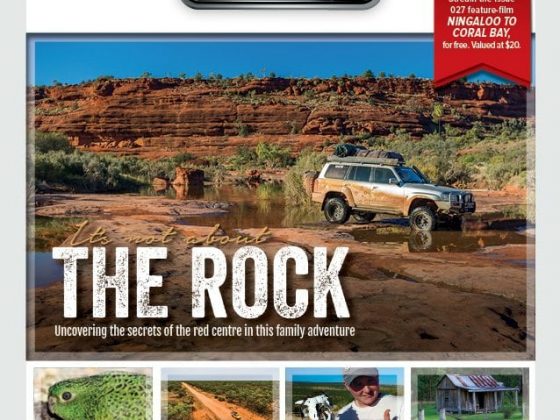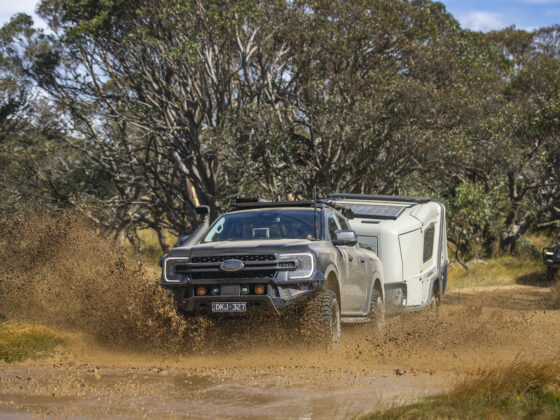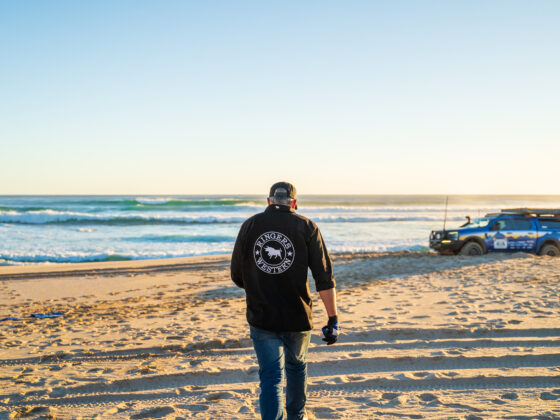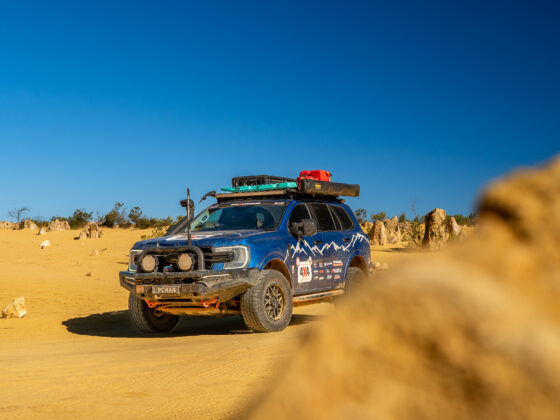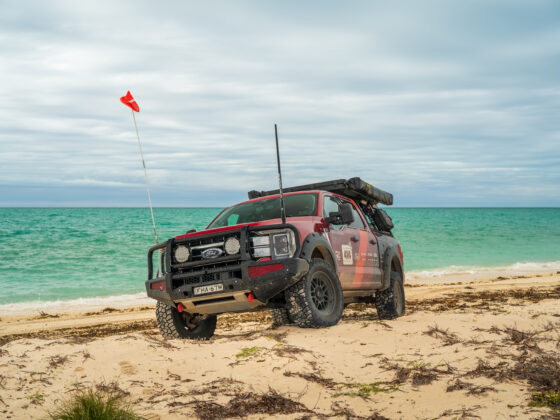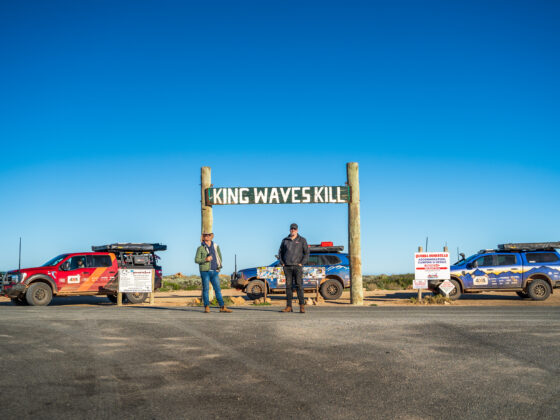The time is coming closer, and you’re getting nervous and excited about your big trip. There’s so much to do, and you’re worried you’re going to forget something. Fear not, here is a touring 4X4 checklist for you, which will help jog your memory.
Check your moving parts.
Simple checks of your basic mechanical parts before you head off can go a long way. Closely eyeball your belts, universal joints, fans and hoses, because a stitch in time can really save nine. What I like to do is order a box of spares before a big trip, replace some of the common things like belts and hoses, and then use the old gear as spares. At least you know they fit, and are good to get you out of trouble.
Give your 4X4 a good service.
Yes, yes, oil and filter. That’s what you need for when you’re only scooting around the block. 4X4s need more than that, especially when you’re dependent on it working in remote areas. Get a more thorough check, including:
• Battery and alternator health
• What kind of condition your hydraulic fluid is in.
• Pressure-testing your cooling system
• Removing wheels and inspecting your brakes, swivels and bearings for wear.

If you’re not confident or clued up enough to do this yourself, enlist the work of a good 4X4 workshop to do it. Look for someone with 4X4 experience, and if they specialise in your make and model, even better! Personally, I use All Four X 4 for my work, because they know 4X4 and Land Rovers quite well, and I trust their work.
What about your tools and spares?
Any 4WDer worth their salt with have a good little kit of tools and spares with them. No, I’m not saying take a full-blown workshop setup with you, and tow a spare parts car, but have the stuff to sort out common problems, so you can be self-dependent. Here is a list of things that, if anything, might help you sleep at night on remote journeys.
»»Spare shock absorbers & bushes
»»Spare coolant concentrate
»»Spare lubricants
»»Brake fluid
»»Gasket goo
»»Loctite
»»Inox/WD40 spray
»»Spare fuses, relays and wiring to suit vehicle
»»1 (or 2) Full-sized spare (in good condition!)
»»Grease
»»Universal joints
»»Good tool kit to suit Vehicle
»»Tie wire/Fencing wire
»»Rescue Tape
»»Metal epoxy
»»Nuts, bolts etc.
»»Radiator stop leak
»»Multimeter
»»Hacksaw
»»Tarpaulin
In my 4X4, I have a ‘box of tricks’ that stays with the car, which has all of this sort of thing in it. Combined with a tool roll and socket set, I’m in pretty good stead for most things.
- Got any other suggestions for this list? Let us know in the comments below.
Check your accessories
Those things that you maybe haven’t used in a while, but are probably going to depend upon at some stage, should get a bit of attention as well. My first one is the electric winch, because when you need it, you need it. It’s a good excuse to re-spool your rope on tidily, which will blow the cobwebs out of the winch (and ensure it still works). Do the same with your fridge, UHF radio, air compressor and auxiliary power system are going well, and any other bolt-on mods you’ll need. If you’ve got a battery charger, give that a bit of work before you go away.

Packing up
My advice here is to plan your pack, in a couple of senses. Experience tells me that how rushed you are packing correlates clearly with how much stuff you forget. Try to avoid the last-second pack by doing it early, taking your time and trying to be methodical. If you have a master list to check off, all the better.
Also, plan where you’re going to pack things. Put your heavy things as low and central as possible, and also think about keeping your often-used gear easily accessible. This will help keep the stress down while you’re on your journey.

Routes and mapping
You need to know where you’re going, that’s pretty obvious. Whether it’s Google Maps, a Hema navigator or paper maps, ensure your maps are packed, working and easy to access. Try to get familiar with the area you’re travelling to, as well, and double check your electric stuff also has a charger!
When you’re travelling remotely, it pays to call ahead to the places you’ll be needing fuel and checking that they are 1: open and 2: have fuel. They might not, and it could leave your stranded.

Check for road closures along your route as well. Have a few alternative routes up your sleeve, and try to keep as up-to-date with weather and road conditions to where you’re travelling. Normally, local councils can get you all of the important information.
Water is another consideration. It’s not available everywhere, so you’ll need to have enough storage for your own water, and also a hose to collect it. Plan out where you can resupply, and organise storage. Bore water might be the only option where you’re travelling; if you don’t like the taste, pack some cordial to make it a bit less chewy.
Emergency stuff
An essential part of your touring 4X4 checklist is the First Aid Kit. Is it packed? how old is it? Have you been using it lately, and does it need a top-up?
Also, think about your recovery kit. Is anything missing, or does this trip you’re planning need some extra gear? If your snatch strap is looking a bit worn, it’s probably worth replacing as well, right? Here is what my base recovery kit looks like, before adding in other trip-specific gear.

Emergency communications are also vitally important. Check that the batteries are full, you have spare replacement batteries or chargers at the ready. Some emergency communication gear needs some kind of subscription as well, so check that yours is up to date with credit and power.
Finally, check your 4X4 insurance policy. Check with your insurer that your vehicle and contents are insured, including all of your accessories and gear. Many don’t, and are flat out knowing what a locker or rear bar is. Personally, I use Club 4X4. It’s also worth asking whether you’re covered for off-road driving, and if they have any helpful extras like recovery and repairs cover, in case the you-know-what hits the fan.




